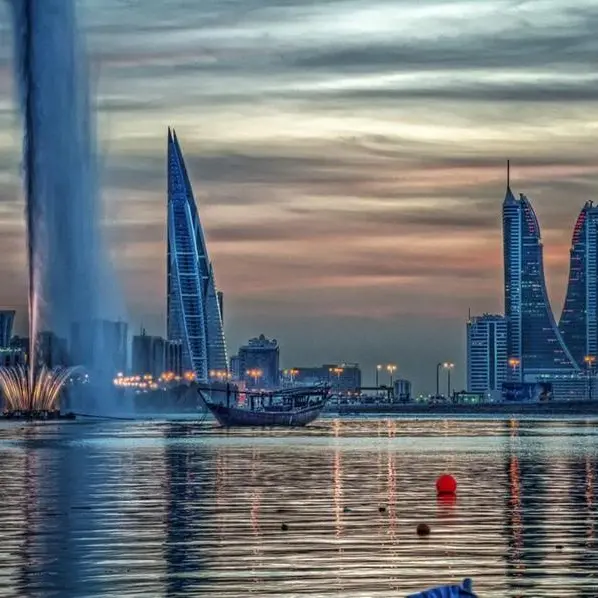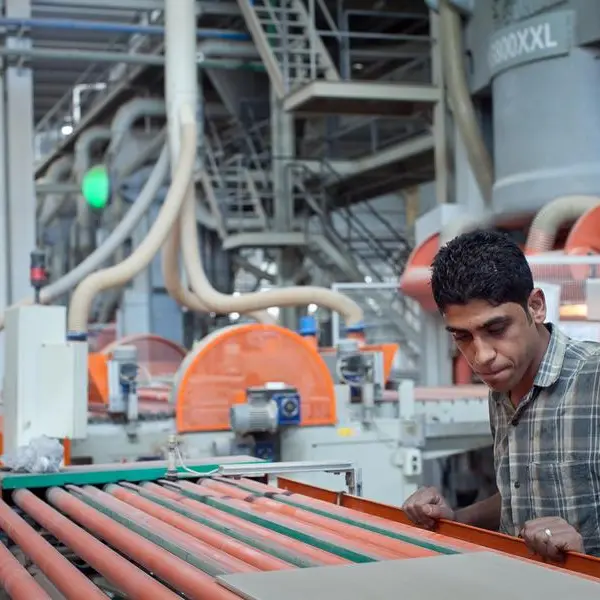Opening a restaurant or café in the UAE with a big brand house-name behind you is a growing trend. Many of the owners that opt-in to buy the rights to a franchise are actually also buying into internationally recognized standards of quality, which they will have to maintain.
Since 2008, the Franchise UAE exhibition has been held in Dubai and reports that the franchising market in the Middle East is worth USD 30 billion.
According to Gaurav Marya, managing director at Franchise Middle East, the region is an ideal marketplace for entrepreneurship with rising importance.
"It is worth noting that the Arab World is ranked third fastest place in the world to start a business. In Dubai, SMEs now account for over 90% of private enterprises," he said.
In the UAE, the franchise market is dominated by American and French brands mostly in the fast-food and fashion retail sectors. However the climate is changing and opportunities are starting to open up in diverse sectors of the economy and many Asian franchisors are entering the market.
So far, large corporations and family run conglomerates have dominated the region's franchises. Studies have shown that over 90% of commercial activity in the Middle East is restricted to family businesses.
The leading conglomerates like Landmark, Alshaya ,Rivoli Group, Al-Futtaim, Chalhoub, Al Tayer, Al Madani, Ali Bin Ali, BinHendi Group, etc. have businesses spanning sectors like energy, Food & Beverage, hospitality, trading, leisure, financial services, health, education, manufacturing, retail, and real estate amongst others.
Piers Burton, executive director at Eagles Spearing Consulting adds that franchising in the restaurant sector plays a significant role in the UAE, with the presence of international branded chains far outweighing the locally developed concepts.
"Whilst there are many exceptional concepts with their origins stemming from the UAE, only a small handful have started to appeal on a regional stage, with very few expanding beyond the immediate GCC boundaries. I believe that as the local concepts start to mature, however, they will enjoy consumer recognition in markets across Europe and Asia," said Burton.
International brands are choosing their partners in the UAE and across the Middle East for what is called sub-franchises. The model grants the franchisor, or the locally present master licensee or regional developer to sell the rights to market and sell franchises within a specific territory. These partners or 'franchisees' open an agreed number of brand stores or outlets in the assigned area.
"The global systems and quality standards which come as standard with the international franchises, coupled with the marketing innovations and design fundamentals, act to upgrade the market as a whole, so the benefits are considerable. It is noticeable that several of the local concepts adopt the processes that they experience through the franchise models," said Burton.
Overall, the franchise sector in UAE is well supported by the government and it promotes growth and development of the small and medium size businesses, according to industry specialists.
The government backed Mohammed Bin Rashid Establishment for Young Business Leaders provides business training to entrepreneurs and also encourages women entrepreneurs.
The government established the UAE Franchise Association in 2004, and it is also worth noting that most of the leading banks are willing to extend financial support to individuals as franchises often have low capital requirements. For instance, the Dubai Islamic Bank (DIB) also runs a program to help young UAE citizens under which it extends to them for buying franchise business. All these factors have led large number of people in UAE seeking franchisees for self-employment.
And as the slogan of the International Franchise Association goes: "Be in business for yourself, not by yourself."
However opening an independent business can be tempting, especially if you fear feeling stifled by working within an operating system. A prospective franchisee must decide whether it's worth trading off personal control.
Extensive training is an advantage of franchising, but it can be expensive. Independent-business owners can seek low or no-cost training from equipment vendors, professional or trade associations and owners of similar businesses in other markets. Prospective franchisees should ask existing franchisees whether they felt their training was worth the time and money.
© Zawya BusinessPulse 2013




















